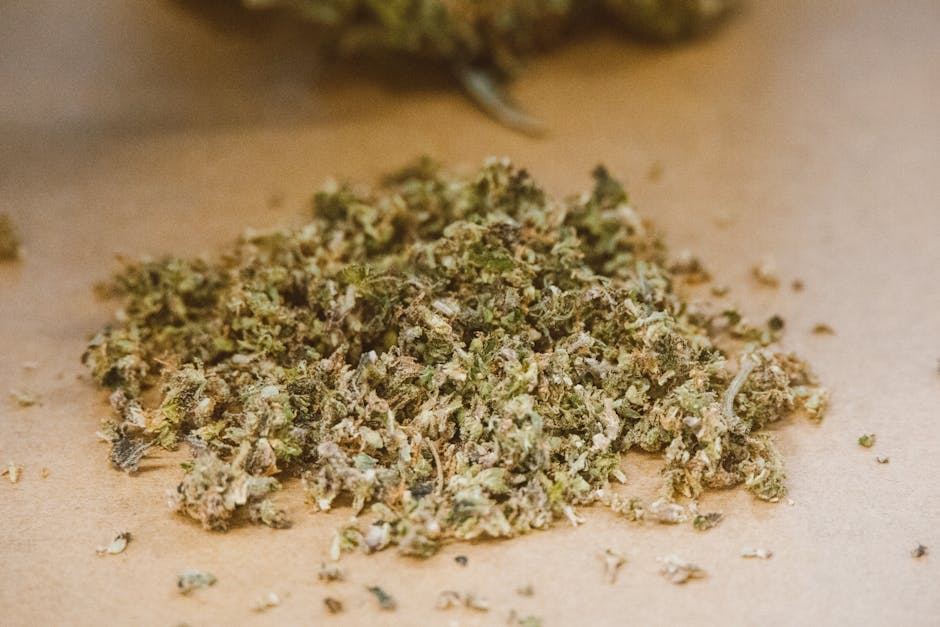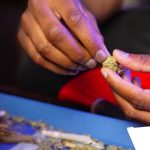
Prague, the capital city of the Czech Republic, has a rich literary history. The city has been a hub for writers and artists for centuries, and its unique cultural landscape has been shaped by various factors, including the use of drugs.
Prague’s literary scene has been influenced by many factors, including its strategic location at the crossroads of Europe, its complex history, and its vibrant cultural landscape. The city has been home to many famous writers, including Franz Kafka, Karel Čapek, and Milan Kundera.
The Role of Drugs in Prague’s Literature
Drugs have played a significant role in shaping Prague’s literary scene. Many writers have used drugs as a source of inspiration, and some have even written about their experiences with substances like opium, hashish, and LSD. The use of drugs has been seen as a way to tap into the subconscious mind, to explore new ideas and perspectives, and to challenge societal norms.
Notable Writers and Their Experiences with Drugs
- Franz Kafka: Known to have used opium and other substances to cope with his anxiety and insomnia.
- Karel Čapek: Experimented with hashish and wrote about its effects on his creativity and perception.
- Milan Kundera: Wrote about the use of LSD and other psychedelics in his novels, exploring their impact on human consciousness.
The influence of drugs on Prague’s literature is a complex and multifaceted topic. While some writers have used drugs as a source of inspiration, others have struggled with addiction and personal demons. Nevertheless, the use of drugs has undoubtedly shaped the city’s literary landscape, contributing to its unique cultural heritage.
The Opium Era: A Time of Literary Flourishing
During the late 19th and early 20th centuries, opium became a popular substance among Prague’s literary circles. Writers such as Alois Jirásek and Josef Čapek were known to have used opium to stimulate their creativity and explore new ideas. The opium dens of Prague’s Old Town became a hub for writers, artists, and intellectuals, where they would gather to discuss literature, philosophy, and politics.
The Influence of Psychedelics on Prague’s Surrealist Movement
In the 1920s and 1930s, Prague’s literary scene was influenced by the Surrealist movement, which emphasized the power of the subconscious mind and the world of dreams. Writers such as Vítězslav Nezval and Karel Teige experimented with psychedelics, including LSD and hashish, to tap into the subconscious and explore new forms of creative expression. The Surrealist movement in Prague produced some of the most innovative and avant-garde literature of the time, characterized by its use of unusual imagery, experimentation with language, and exploration of the human psyche.
Modern-Day Prague: A City of Literary Revival
Today, Prague is experiencing a literary revival, with a new generation of writers emerging to explore the city’s complex history, cultural heritage, and contemporary social issues. The use of drugs is no longer a dominant theme in Prague’s literature, but the city’s literary scene remains vibrant and diverse, with many writers continuing to push the boundaries of creative expression. The city’s famous café culture remains a hub for writers, artists, and intellectuals, where they can gather to discuss ideas, share their work, and draw inspiration from the city’s unique atmosphere.
Prague’s literary scene has been shaped by a complex array of factors, including the use of drugs, the city’s cultural heritage, and its strategic location at the crossroads of Europe. The influence of drugs on Prague’s literature has been profound, contributing to the development of new literary movements, styles, and themes. As the city continues to evolve and grow, its literary scene remains a source of inspiration, innovation, and creativity, attracting writers, artists, and intellectuals from around the world.
4 thoughts on “The Influence of Drugs on Prague’s Literature”
Leave a Reply Cancel reply
You must be logged in to post a comment.




The article provides a unique perspective on Prague\
I found this article fascinating, as it highlights the often-overlooked role of drugs in shaping Prague\
While I found some parts of the article engaging, I felt that it glossed over the potential risks associated with drug use. A more nuanced discussion would have strengthened the argument, but overall, it was an interesting read.
As a literature enthusiast, I appreciate how this article explores the complex relationship between drugs and creativity. However, I would have liked to see more discussion on the potential drawbacks of drug use among writers.